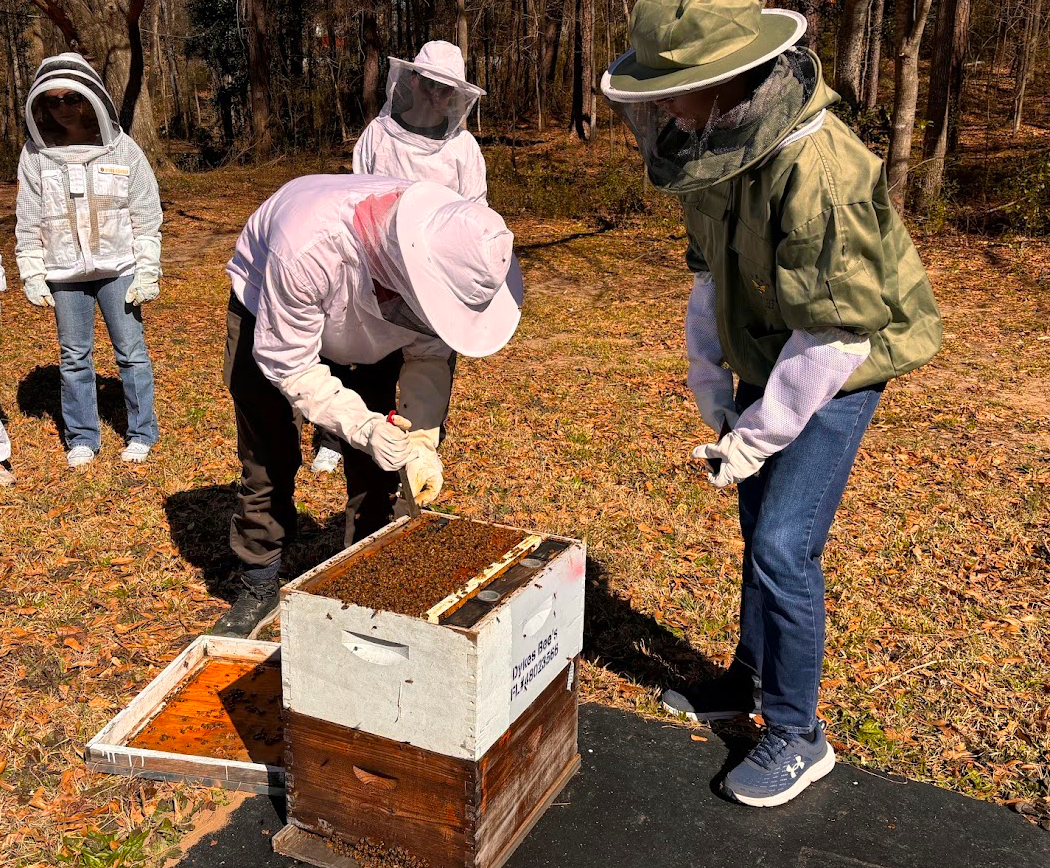Mark Twain said, “The first of April is the day we remember what we are the other 364 days of the year.”
April 1, known as April Fools’ Day, is a holiday observed in many parts of the world. The tradition of playing tricks on people on this day has been in practice for hundreds of years. In fact, the starting date for the holiday is unclear and often disputed.
Regardless of the mysterious history, many people and groups spend time planning pranks for this day. Some common pranks include: trying to make people believe ridiculous or false things, and “fool’s errands,” in which people are sent in search of something that does not exist.
The key to pulling off any prank is to yell “April Fools!” before the victim realizes that he or she has been tricked.
April Fools’ Day is often a forgotten holiday, because the observation of the holiday does not include a day off of work nor any organized celebration. Because of this, early morning pranksters have the most success tricking people.
Recently, corporate organizations have been involved in pranks as well. One such company is Google, who produces at least one type of prank on their search engine website each year. One of Google’s 19 pranks for 2009 was the announcement of a 3-D version of its Chrome browser.
The danger with high profile pranks is the confusion of the public. Especially with the popularity of the Internet, false news stories or fake products can cause problems when the story is revealed as phony. This also leads to skepticism. Some members of the public might not believe truth because of the shroud of mystery on this day.
The Museum of Hoaxes, at museumofhoaxes.com, published a list of the Top 100 April Fool’s Day Hoaxes of All Time. The number 7 prank on the list was an article written by physicist Mark Boslough saying the state legislature of Alabama voted to change one of the most significant mathematical constants: Pi. The 1998 article explained that the legislature changed the accepted value of Pi (3.14159) to 3.0, what they said was the “Biblical value.” The article quickly spread around the world through e-mail.
Many different countries celebrate a holiday similar to April Fools’ Day. In France, the day is called “Poisson d’Avril,” meaning “April’s Fish.”
Elaine Songy, a senior majoring in marketing and French, said she was studying in Paris last spring and experienced the holiday, which she said is quite similar to the American holiday.
She said she did not see any students taping paper fish on each other’s backs, which is what students in French classes in the U.S. usually understand to be the tradition.
“They like to play jokes on each other, just like we do,” Songy explained.
April Fools’ Day is not a good day for the naïve, because some students may play pranks on each other that are actually believable.
Ty Dilbeck, a senior majoring in management information systems, said he was concerned for others on April Fools’ Day.
“Well, if I were more headstrong, I would [play pranks],” Dilbeck said. “Unfortunately, I don’t like making people sad or mad. If it were possible to bring people joy in doing a prank, I would do so, like Santa.”
After giving some thought to the idea of pranking people, Dilbeck said, “Beware, because on this day, March 31, I’m feeling indeed very mischievous.”
Lauren Radziminski, a junior majoring in international relations, said she enjoys the element of surprise associated with the day.
“I love April Fools’ Day,” she said. “You always have to be on your toes, because you never know what is going to happen. And it’s funny to see other people getting tricked.”
Radziminski said she does not have any planned pranks of her own but knows that her mother and friends do. The plan required forethought and money.
“They bought ‘For Sale’ signs and will go out in the middle of the night to put them in our neighbors’ yards,” Radziminski said.
For those without premeditated plans, some pranks are both clever and require little planning. A simple Internet search will reap more than enough links to Web sites offering ideas for pranks. For those who are serious pranksters, some even sell prank products such as fake insects, fake parking tickets and fake lottery tickets.
One site, aprilfoolzone.com provides suggestions for pranks based on different scenarios, such as office pranks or computer pranks.
And on this day remember, as John Updike said, “Looking foolish does the spirit good.”








